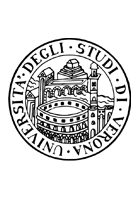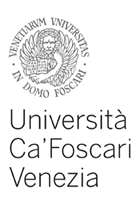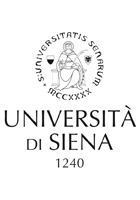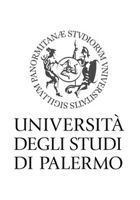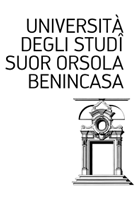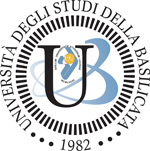De dictamine sive de epistolis
This collection, focused on ars dictaminis and letter-writing, includes texts from the epistolary and rhetorical genres. Thanks to many works of the twelfth century, the numerous ars dictaminis treatises available in the archive allow to make reliable diachronic research on letter-writing – and on the materials associated with it – since its beginning until the more mature stage of the thirteenth century.

This collection, focused on ars dictaminis and letter-writing, includes texts from the epistolary and rhetorical genres: some theoretical treatises that do not contain letter-models are offered here, such as Introducendis in artem dictandi or Liber Sapientie Collectus, both belonging to the school of Master Bernardo and Master Guido (mid 12th century), as well as texts as Praecepta, written by Adalberto Samaritan or the Rationes by Hugh of Bologna, where theory is interspersed with illustrative letters.
Thanks to many works of the twelfth century, the numerous ars dictaminis treatises available in the archive allow to make reliable diachronic research on letter-writing – and on the materials associated with it – since its beginning until the more mature stage of the thirteenth century. In fact, we can consult texts ranging from Alberic of Monte Cassino to the Aurea Gemma, from Albertano of Brescia, Paolo Camaldolese, Guido Faba to Boncompagno from Signa, up to authors whose literary fame is known beyond this discipline, such as Giovanni del Virgilio, Thomas of Capua and Gasparinus Barzizza.
A further peculiarity of this collection is the possibility to cross-search theoretical texts, as well as letter-models and single letters; indeed this section contains real letters (like that of Peter Damian) and compilations composed by dictators using registers and official letters, among which at least those of Nicholas Rocca and Pier della Vigna deserve mentioning.
In this collection, one can also access the verse epistles of Giovanni del Virgilio, whose Ars Dictaminis is also available, or the Letters by Lovati.
In addition to the best-known texts, such as those mentioned above, ALIM provides rarer treatises, often anonymous and published in journals, and therefore less easy to find. Among these one can mention the rhetorical treatise from the school of Alberico (Rationes diversarum mutationum), the Ratio in dictamina or the letter collection published by Haskins (An Early Bolognese formulary), probably from Adalberto’s school.
ALIM also promoted and co-funded editions of epistolary texts, such as the ones of Maestro Guido or Pier delle Vigne, a selection of which is available for consultation on the website.
This collection features also hitherto unpublished texts, whose first transcript was promoted within the project itself. The full text of Rationes dictandi of Master Bernard will shortly be available (on ALIM is now available only the first half, edited by Rockinger), the Lombardischer Traktat, that is a compilation of texts of Adalbert and Hugh of Bologna, preserved in MS Wien ÖSB 2507 and the Summula of Guido Faba, a compendium of his maius opus preserved only in a manuscript of the Biblioteca Estense of Modena.
